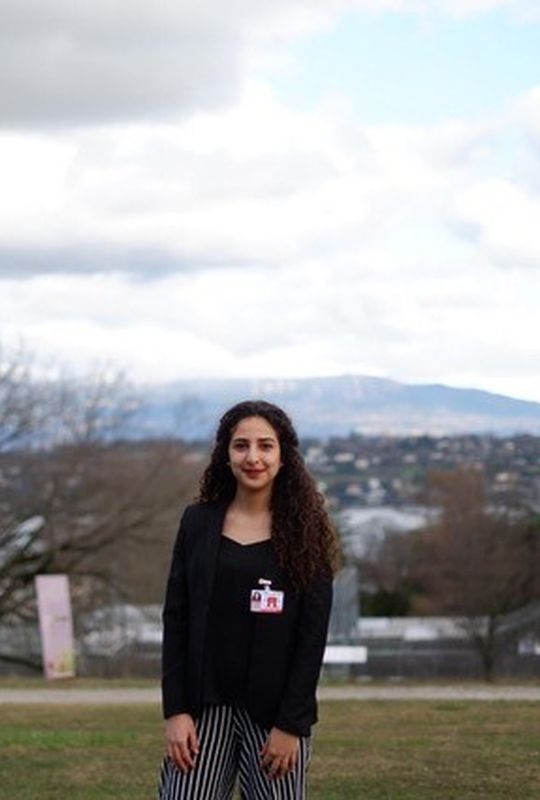Despite the current situation related to the COVID-19 pandemic, preparation for the competition has been, in many ways, similar to previous years with discussions on current international law debates, simulations and other role-playing exercises.
‘The focus of our preparation has been learning how to adapt our approach to different situations. By conducting simulations, we are not only learning how to incorporate our knowledge into different tasks and adapt it to different situations, but we are also learning about and from each other. We work very well as a team, encouraging each other and that has made preparation in the current circumstances less strenuous. A great part of this journey is our unique chance to bond, exchange views and always have multiple perspectives on issues’ underline Tamara, Stephanie and Mina.
‘Of course, this year we had to adapt the format of the selection process and the training by wearing masks, observing social distancing rules and even by moving our meetings online. But we see this dimension as part of the experience. The Jean-Pictet Competition is all about applying the law to the real-life scenarios and humanitarian concerns that arise in current armed conflict. These measures are part of the simulations as much as they are of realities that these exercises seek to replicate’ explains George Dvaladze.











